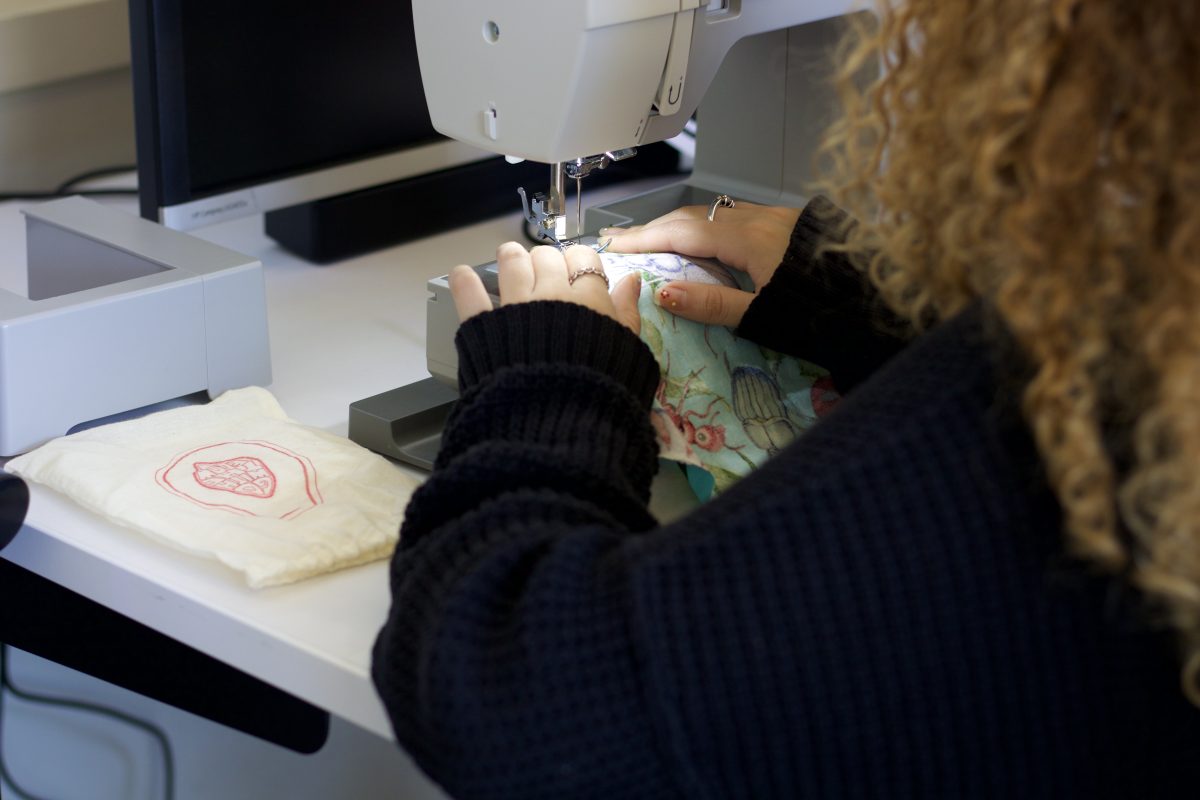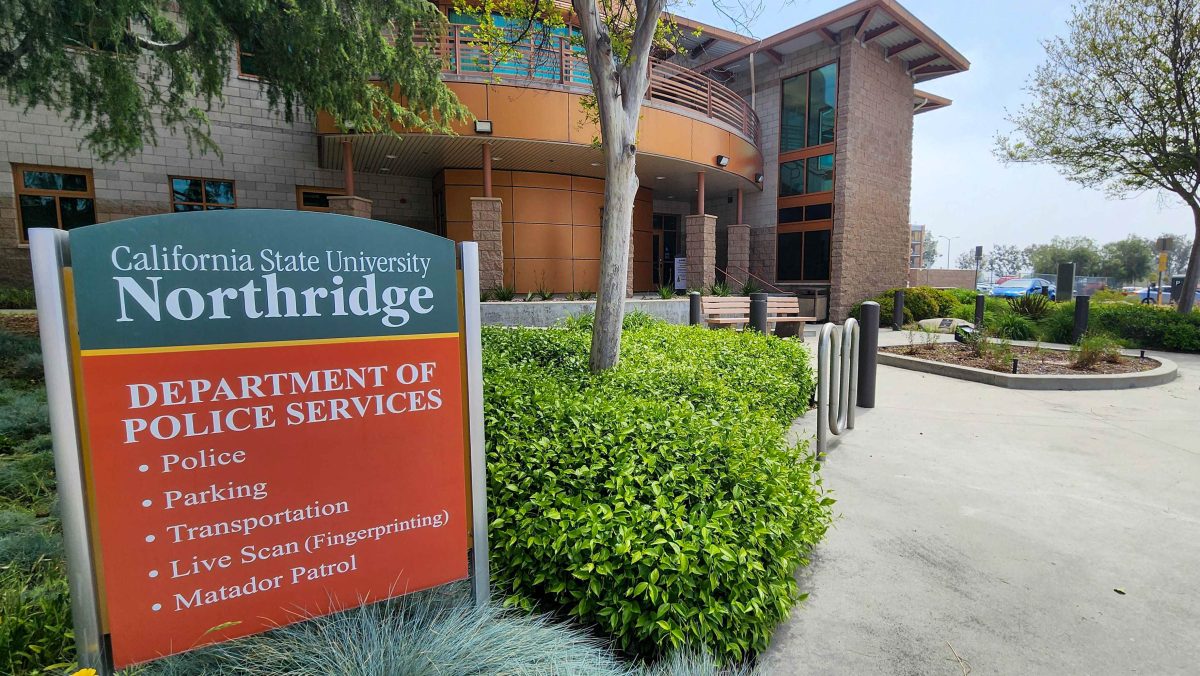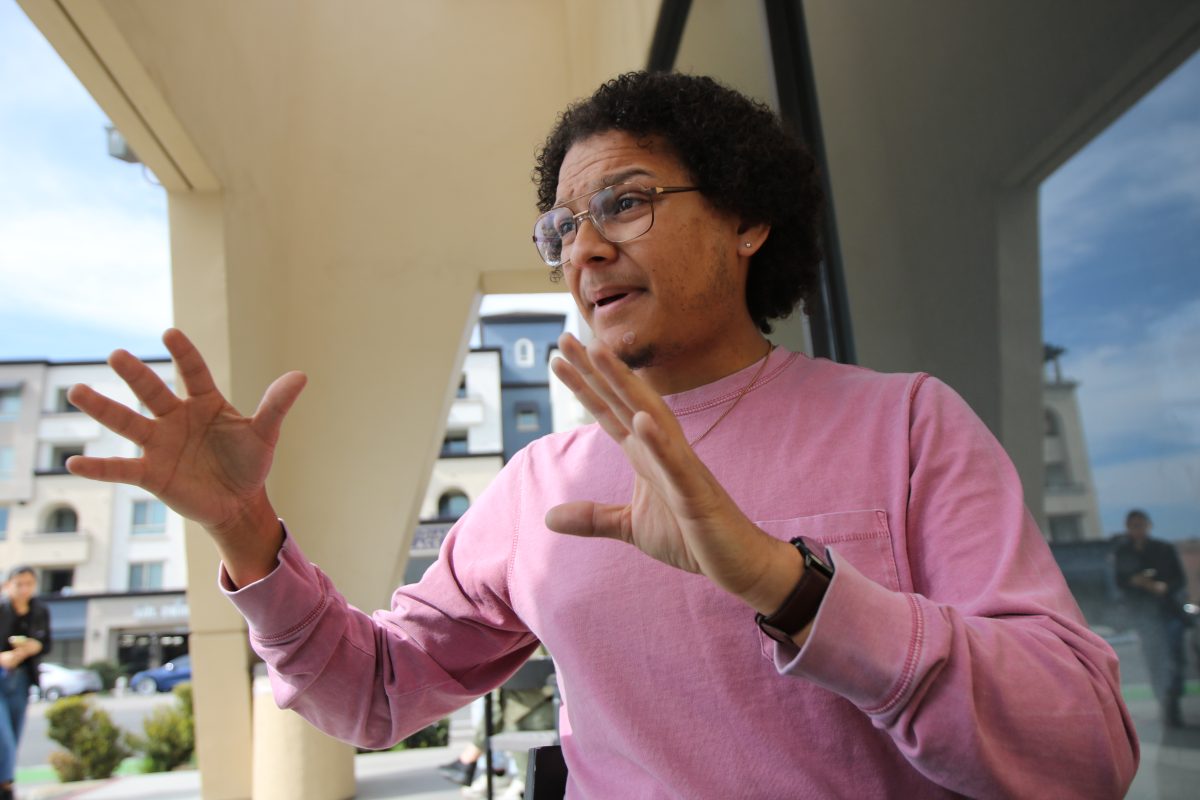Symptoms of post-traumatic stress and distrust in the government are some of the lingering affects Sept. 11, 2001, has had on the youngest generation of Americans able to remember the event, said psychology professor Dee Shepherd-Look.
The attacks on the U.S. increased fear and paranoia in American citizens, but young Americans exposed to the events in person or through television were affected much the same, leaving a subtle, lasting impression, Shepherd-Look added.
“The overall anxiety of the people who paid attention to 9/11 are increased,” Shepherd-Look said. “Kids today who are the subject of 9/11, I think they take more precautions.”
Shepherd-Look has spoken to students whose daily habits changed after the attacks, she said. Some claim to sleep in their shoes and always have at least a quarter tank of gas in their vehicle in case of an attack in the middle of night.
Brittnie Collins, third-year psychology major, was 10 when the planes struck the World Trade Center. Collins didn’t fully understand what had happened as she watched television news coverage in her sixth-grade classroom.
“I just remember people in school crying,” Collins said. “I was confused.”
For young people witnessing the first attacks on U.S. soil since World War II, they will always remember the tragedies in New York City, Pennsylvania and Washington, D.C., said educational psychology and counseling professor Rie Rogers Mitchell.
“It was an ending of innocence,” he said. “There’s a sense that something like this could occur again.”
Teenagers have been more affected by laws and regulations inspired by the attacks, Mitchell said.
He added that a lack of trust in government has grown as a result of tightened security regulation in airports and invasions of privacy brought on by the Patriot Act. The legislation signed in October 2001 gave authorities more rights to search American citizens’ personal records, including telephone, email and financial, thought to be affiliated with terrorism.
“Some of them expressed the feeling (9/11) cost us more in losses of freedoms than gains in security,” he added.
David O’Neill, a second-year kinesiology major, was born in Syria, and had been in America for a year before the attacks took place.
Both his father and brother were incarcerated after the attacks because they were Muslim, O’Neill said.
“I love the nation, but I don’t fully trust (it),” O’Neill said. “It’s just sad how it happened and why it happened.”
American children may have experienced trauma, but Muslim children took on a tremendous amount of guilt for events they had nothing to do with, internalizing fear caused by Americans, Shepherd-Look said.
O’Neill noticed an increase in hatred toward Muslims and Arabs after the attacks, but did not feel the brunt of prejudice.
“I looked white,” he said. “If I looked Middle-Eastern, it would have been different.”
Watching the attacks unfold on television caused just as much trauma for witnesses as those who saw the tragic events in person, said Shepherd-Look.
Though Collins was unaware of the significance of 9/11 when it happened, she has grown to understand what the attacks meant to her country.
“I tear up when I watch stuff about it,” Collins said. “It has more of an impact on me now than back then.”
As the 10-year anniversary approaches, there are some common responses associated with the milestone of a traumatic event. Some people re-experience how they felt the day of the event and some avoid anything related to it, according to the National Center for Post Traumatic Stress Disorder.
Collins doesn’t see herself reliving the experiences of that day, though.
“I’m a very emotional person,” she said. “I can’t watch it over and over. I can’t even watch it once.”
Recollection may not be an option for Collins, but she said 9/11 has affected her personal life, making her hesitant to visit her boyfriend in New York.
“What if something happens?” she said.





